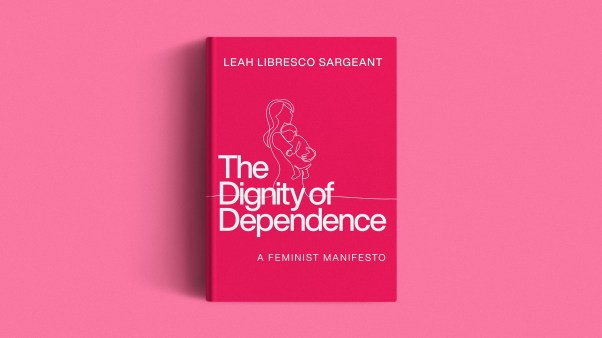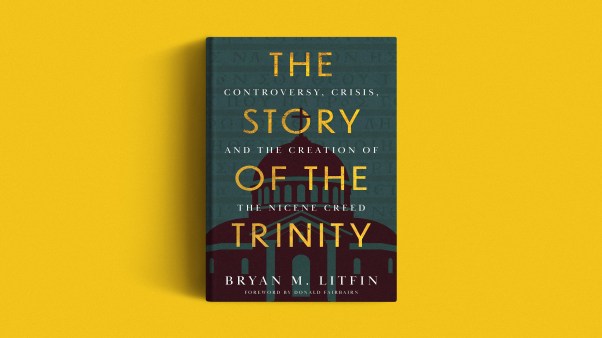Less than one quarter into the year, most church budgets are running behind, and many have been forced to lay off staff or take other austerity measures.
While this kind of gloomy news has a ring of truth, the worst step a church can take amid the current financial crisis is drafting the treasurer to make a special budget plea, says a pastor and consultant who teaches generous giving.
“Nobody gives to the budget,” says Brian Kluth, whose booklet on a generous lifestyle has sold 400,000 copies. “The other mistake churches make is tending to react rather than being proactive. They do nothing and then slash and burn, or cut staff, which hurts morale.”
He says the two questions churches must answer:
- What are they going to do to help people maintain a confident, biblically-based outlook?
- How are they going to inspire generosity?
Four-step plan
Lately, churches have been calling Financial Peace University (FPU) daily, usually because of decreased giving related to job losses or fear of the unknown, says vice president Debbie LoCurto.
As part of talk show host Dave Ramsey’s operations, FPU gives advice to churches that parallels Ramsey’s emphasis on individuals shedding debt. LoCurto says healthy church budgets boil down to four steps:
- Save two to three months of operating expenses for emergencies.
- Establish a fund for large-ticket items (roof, heating system, van purchase).
- Eliminate all debt with the “debt snowball,” where small debts are retired first and then larger ones.
- Set aside a percentage of savings for future needs, such as adding staff, starting a mission, or expansion.
As for mistakes churches make during an economic crisis, the most common are not equipping their families to be ready and not planning ahead as a church, she says.
“Another would be borrowing or using credit to make ends meet during this potential down time in giving,” LoCurto says. She notes that churches that have sponsored FPU classes are not experiencing giving drops because their families eliminated debt and are still able to give.
Keeping perspective
Keeping a proper perspective helps, says Kluth, who cautions that the situation isn’t as bad as is often portrayed. He bases that on initial results of a survey he started a month ago to gauge giving and budget patterns.
Of the first 1,000 respondents, nearly 47 percent said giving was up last year. And although 53 percent reported 2009 giving is behind budget, 37 percent were meeting budget and 10 percent were ahead of budget.
With his church presently running 10 percent behind, Kluth cautions that early-year results are not cause to fret. Not only is the first quarter traditionally the slowest, many congregations need a strong dose of hope, he says.
“Fear will grip people, and you have to help them move towards faith,” says the evangelical pastor, who likes using the widow in 1 Samuel 17 as an example. “It’s not about the budget and the economy, it’s about the word of God and helping people get to a biblically grounded view.”
So what are steps churches can take to help people survive the financial crisis? Kluth recommends offering budget counseling and resources that address giving in a biblical context, such as FPU’s or those offered by Crown Resources.
He also believes in scriptural teaching. In tough economic times, Kluth thinks too many people look at their company as their provider instead of God. For larger churches, Kluth sees additional opportunities in the area of networking, career transition, and seminars to help job seekers find another job or a new occupation.
Consultant may help
A former pastor who specializes in stewardship teaching thinks churches that pull in their horns now are sacrificing long-term gains for short-term perspectives. Rod Rogers, who wrote Pastor Driven Stewardship to review the giving principles he developed as a pastor, has seen his business slide precipitously during the past year.
However, the Topeka, Kansas-based consultant says that congregations that hire a consultant to enhance operations often wind up paying for those services from increased donations.
“I tell them to think of it as an investment,” says Rodgers, who also does motivational speaking. “You’re investing to get more money than you put in.”
Among sources he suggests for funding a consultant are a special offering, borrowing from another budget category, asking a donor for a short-term loan or gift, or holding a brainstorming session.
Rogers says too many churches have a scarcity mindset when in reality money is available if they are willing to ask. He cites a Chicago church that needed a 33 percent increase to survive and took in 39 percent more in the first five weeks of a stewardship campaign.
“Many Christians don’t give because they think they can’t afford to,” Rogers says. “We have to teach them they can’t afford not to—that they will be better off giving to God than keeping 100 percent and trying to do it on their own.”
Benevolence still important
While searching for sounder footing, churches need to continue—even increase—food, clothing and other assistance. Churches in one Phoenix suburb that offer relief efforts have seen dramatic increases lately, such as a center that has helped 50,000 people with food the past six months. That’s normally the number they would serve in a year.
“We’re a middle-class church, and we helped a lot of people,” Kluth says. “We helped 168 families with food or grocery cards last year. Depending on the church, it may need to be helping with medical costs or get involved with mortgage help. We do stop-gap mortgage payments.”
Rodgers likes the idea of creating a bartering system via a church’s website. That way, someone who needs a plumber might be able to secure those services by offering accounting expertise.
“I would (also) do a stewardship series,” Rodgers says. “Preach the word and teach people to give. I think it would encourage them.”
© 2009 ChurchCentral.com








